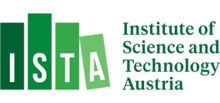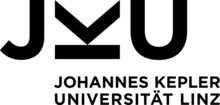07/21/2022
Former ESQ PostDoc Martin Ringbauer and ESQ Member Rainer Blatt publish their latest findings in Nature Physics
Most quantum computers use binary encoding to store information in qubits—the quantum analogue of classical bits. Yet, the underlying physical hardware consists of information carriers that are not necessarily binary, but typically exhibit a rich multilevel structure. Operating them as qubits artificially restricts their degrees of freedom to two energy levels. Meanwhile, a wide range of applications—from quantum chemistry to quantum simulation—would benefit from access to higher-dimensional Hilbert spaces, which qubit-based quantum computers can only emulate. Here we demonstrate a universal quantum processor using trapped ions that act as qudits with a local Hilbert-space dimension of up to seven. With a performance similar to qubit quantum processors, this approach enables the native simulation of high-dimensional quantum systems, as well as more efficient implementation of qubit-based algorithms.
For more information see:
https://www.uibk.ac.at/en/newsroom/2022/quantum-computer-works-with-more-than-zero-and-one/
Navigation
Contact
ESQ Office
Austrian Academy of Sciences (ÖAW)
Atena Zalbeik-Dormayer
Boltzmanngasse 5
1090 Vienna
office(at)esq-quantum.at






